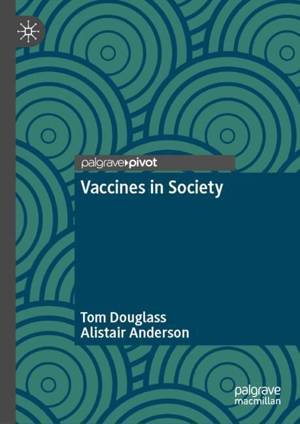
- Retrait gratuit dans votre magasin Club
- 7.000.000 titres dans notre catalogue
- Payer en toute sécurité
- Toujours un magasin près de chez vous
- Retrait gratuit dans votre magasin Club
- 7.000.0000 titres dans notre catalogue
- Payer en toute sécurité
- Toujours un magasin près de chez vous
Description
This book argues that the social story of vaccination has commonly been told through the lens of vaccine hesitancy and the myriad challenges that this broad issue poses for public health and the mitigation of preventable harms. Consequently, less sustained analytical attention has been given by social scientists to the rich tapestry of other social and political dimensions of vaccines and consequences of vaccination. This book begins from the premise that a broader approach to the technology and intervention of vaccination is required and that further social scientific analysis is needed of how societies produce and preserve high levels of vaccination coverage, as well as the social and political challenges or threats - beyond vaccine hesitancy - that may harm or restrict it. To achieve this, the book assembles and reframes evidence from medical sociology, science and technology studies, public health, health geography, and the medical humanities. In doing so it looks across the 'immunisation social order' by analysing dimensions that have thus far been neglected or under-scrutinised, revealing not only the functioning of and central challenges to the immunisation social order, but also bringing into sharp focus the social and political nature of vaccines themselves.
Spécifications
Parties prenantes
- Auteur(s) :
- Editeur:
Contenu
- Nombre de pages :
- 118
- Langue:
- Anglais
Caractéristiques
- EAN:
- 9783031612688
- Date de parution :
- 31-05-24
- Format:
- Livre relié
- Format numérique:
- Genaaid
- Dimensions :
- 30 mm x 196 mm
- Poids :
- 294 g

Les avis
Nous publions uniquement les avis qui respectent les conditions requises. Consultez nos conditions pour les avis.






